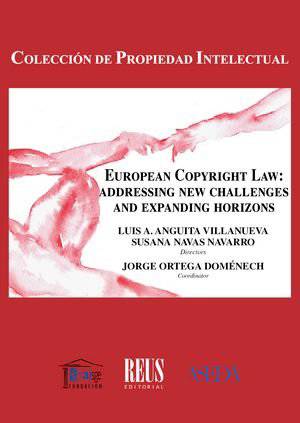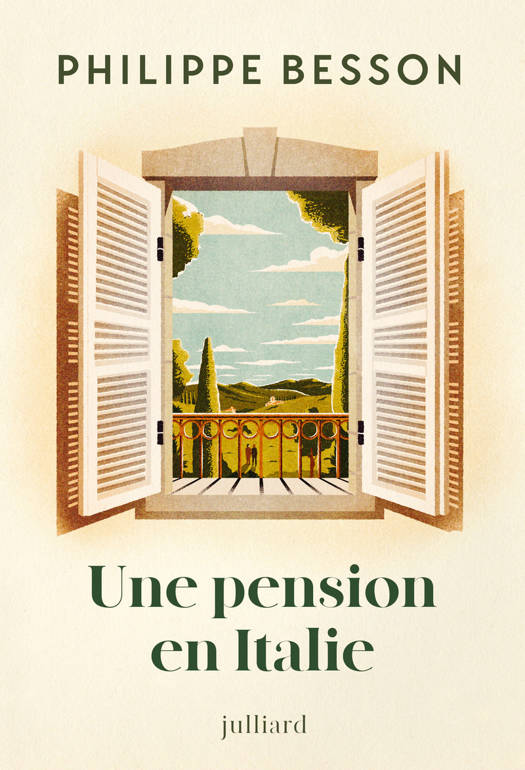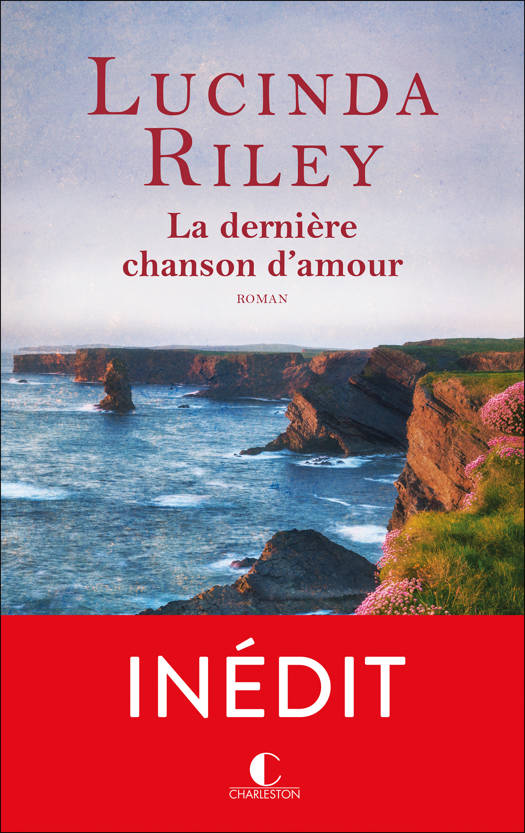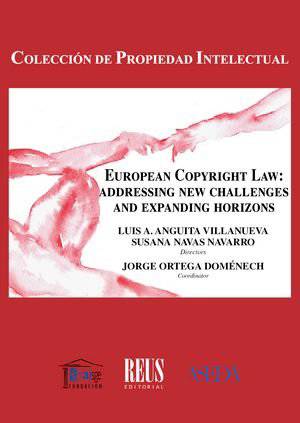
- Retrait en 2 heures
- Assortiment impressionnant
- Paiement sécurisé
- Toujours un magasin près de chez vous
- Retrait gratuit dans votre magasin Club
- 7.000.0000 titres dans notre catalogue
- Payer en toute sécurité
- Toujours un magasin près de chez vous
European Copyright Law: Addressing New Challenges And Expanding Horizons
Luis Antonio Anguita Villanueva, Isa Espin Alba
Livre broché | Anglais
37,45 €
+ 74 points
Description
Are the copyright and authors' rights systems truly that different? Why is the model of copyright protection within the European Union globally relevant? Should access to cultural heritage assets or open science take precedence over copyright? Are online service providers liable for copyright infringements committed by their users? How does the European Union address the protection of these rights in light of the emergence of Generative Artificial Intelligence? How are holders of related rights protected under European legislation? Are there new forms of creation that redefine the subject matter of copyright today and require regulation under European Union law? Are haute cuisine and video games part of this new object? These and other questions are addressed in the works compiled by the university professors who contribute to this first volume in English of the Intellectual Property Collection published by REUS. . European Union copyright law presents a model that appears to contrast with the copyright system of Anglo-Saxon countries. However, this study reveals that there are more similarities than differences between these two traditional approaches to protecting creators and the cultural industries that depend on their work. Readers engaging with the works of leading copyright scholars will observe that the European Union is emerging as one of the most significant efforts at global harmonization. The existence of a supranational legal framework that overrides the laws of its member states grants the EU system unique and diverse features, particularly in its capacity to safeguard rights increasingly challenged by new technologies. These rights must be protected and upheld from a global perspective, and in an era marked by the fragmentation of international alliances, EU law stands out as a global reference point in this field.
Spécifications
Parties prenantes
- Auteur(s) :
- Editeur:
Contenu
- Nombre de pages :
- 248
- Langue:
- Anglais
Caractéristiques
- EAN:
- 9788429029567
- Date de parution :
- 01-09-25
- Format:
- Livre broché
- Dimensions :
- 170 mm x 240 mm
- Poids :
- 435 g

Seulement chez Librairie Club
+ 74 points sur votre carte client de Librairie Club
Les avis
Nous publions uniquement les avis qui respectent les conditions requises. Consultez nos conditions pour les avis.







